NOA Competitive English Precise & Composition by Haroon Salim free PDF read online
Mastering English Precis & Composition: A Comprehensive Guide
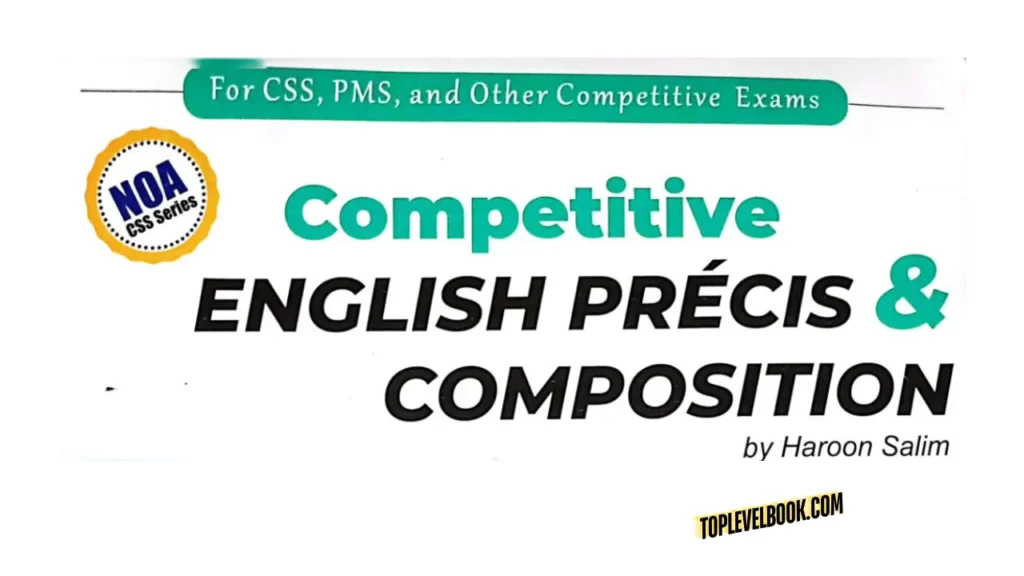
Introduction
In terms of English language skills, the ability to write precise summaries and well-structured compositions stands out as a critical competency. Whether you’re a student aiming to excel in academic writing or a professional seeking to enhance your communication skills, mastering English precision & composition is an invaluable asset.
This comprehensive guide will take you through the intricacies of precis writing and composition, providing you with the tools and techniques to elevate your English writing skills. By the end of this article, you’ll have a solid understanding of how to craft concise, accurate precis and compelling, well-organized compositions. Let’s embark on this journey to refine your writing prowess and unlock new opportunities in your academic and professional life.
Understanding Precis Writing
What is a Precis?
A precis, derived from the French word “précis,” meaning “precise” or “concise,” is a summary that captures the essence of a text in a clear and condensed form. It’s not merely a shortened version of the original text, but a carefully crafted piece that retains the core ideas and arguments while significantly reducing the word count.
Key Characteristics of a Good Precis
- Conciseness: A precis typically reduces the original text to about one-third of its length.
- Clarity: It presents ideas in a clear, straightforward manner.
- Objectivity: A precis maintains a neutral tone, avoiding personal opinions or interpretations.
- Coherence: Despite its brevity, a precis should flow logically and maintain the original text’s structure.
- Accuracy: It faithfully represents the author’s main ideas and key supporting points.
Precis vs. Summary: Understanding the Difference
While often confused, a precis and a summary serve different purposes:
- A summary is a brief overview of the main points of a text, often written in the reader’s own words.
- A precis, on the other hand, is a more structured and formal condensation that preserves the tone and style of the original text.
Mastering Precis Writing Techniques
Reading and Comprehension Strategies
- Active Reading: Engage with the text by underlining key points and making margin notes.
- Multiple Readings: First for overall understanding, then for detailed analysis.
- Identify the Text’s Structure: Recognize the introduction, main arguments, and conclusion.
Identifying Main Ideas and Supporting Details
- Look for topic sentences that introduce new ideas.
- Pay attention to transitional phrases that signal important information.
- Distinguish between central arguments and illustrative examples.
Condensing Information Effectively
- Prioritize Information: Focus on the most crucial points.
- Combine Related Ideas: Group similar concepts to reduce repetition.
- Use Precise Language: Choose words that convey maximum meaning in minimum space.
Maintaining Objectivity
- Use neutral language, avoiding emotional or biased terms.
- Present ideas without inserting personal opinions or interpretations.
- Stick closely to the author’s original intent and perspective.
The Art of English Composition
Types of Compositions
- Narrative Composition: Tells a story or recounts events.
- Descriptive Composition: Paints a vivid picture with words.
- Expository Composition: Explains or informs about a topic.
- Argumentative Composition: Presents a viewpoint and supports it with evidence.
Structuring Your Composition
Introduction
- Hook the reader with an interesting opening.
- Provide context for your topic.
- Present your thesis statement clearly.
Body Paragraphs
- Start each paragraph with a clear topic sentence.
- Support your points with evidence or examples.
- Ensure smooth transitions between paragraphs.
Conclusion
- Summarize your main points.
- Reinforce your thesis.
- End with a thought-provoking statement or call to action.
Developing Strong Thesis Statements
A thesis statement is the backbone of your composition. It should:
- Clearly state your main argument or purpose.
- Be specific and focused.
- Set the direction for your entire composition.
Example: “The widespread adoption of renewable energy sources is crucial for mitigating climate change and ensuring a sustainable future for our planet.”
Essential Grammar for Precis and Composition
Sentence Structure and Variety
- Simple Sentences: Contains one independent clause.
Example: “The cat slept on the couch.” - Compound Sentences: Combines two independent clauses.
Example: “The cat slept on the couch, and the dog lay on the floor.” - Complex Sentences: Contains an independent clause and one or more dependent clauses.
Example: “While the cat slept on the couch, the dog chased its tail.” - Compound-Complex Sentences: Combines two or more independent clauses and one or more dependent clauses.
Example: “While the cat slept on the couch, the dog chased its tail, and the birds sang outside.”
Proper Use of Punctuation
- Commas: Use for separating items in a list, joining independent clauses, and setting off non-essential information.
- Semicolons: Use to join related independent clauses or separate complex items in a list.
- Colons: Use to introduce lists or explanations.
- Dashes: Use for emphasis or to insert parenthetical information.
Common Grammatical Errors to Avoid
- Subject-Verb Agreement: Ensure the subject and verb match in number.
Incorrect: “The group of students were studying.”
Correct: “The group of students was studying.” - Pronoun-Antecedent Agreement: Make sure pronouns agree with their antecedents in number and gender.
Incorrect: “Each student must bring their laptop.”
Correct: “Each student must bring his or her laptop.” - Dangling Modifiers: Ensure modifying phrases relate to the subject they’re modifying.
Incorrect: “Walking down the street, the trees were beautiful.”
Correct: “Walking down the street, I saw beautiful trees.”
Enhancing Your Vocabulary
Strategies for Vocabulary Expansion
- Read Widely: Expose yourself to diverse texts across various genres.
- Keep a Vocabulary Journal: Note down new words and their contexts.
- Use Mnemonics: Create memory aids to remember new words.
- Practice Word Games: Engage in crosswords, Scrabble, or word-building games.
Using Context Clues
- Look for surrounding words that hint at the meaning.
- Identify the word’s function in the sentence (noun, verb, adjective, etc.).
- Consider the overall theme or tone of the passage.
Incorporating New Words Effectively
- Start with easier synonyms and gradually introduce more complex terms.
- Use new words in various contexts to solidify understanding.
- Don’t overuse newly learned words; aim for natural integration.
Stylistic Elements in English Writing
Tone and Voice
- Tone: The author’s attitude towards the subject or audience.
- Voice: The unique personality or style of the writer that comes through in the text.
Adjust your tone and voice based on your audience and purpose. For example, an academic paper requires a formal, objective tone, while a personal blog post might use a more casual, conversational voice.
Figurative Language
Enhance your writing with:
- Metaphors: Compare two unlike things directly.
Example: “Life is a roller coaster.” - Similes: Compare two unlike things using “like” or “as.”
Example: “Her voice was as smooth as silk.” - Personification: Give human qualities to non-human things.
Example: “The wind whispered through the trees.” - Hyperbole: Use exaggeration for emphasis.
Example: “I’ve told you a million times.”
Coherence and Cohesion
- Coherence: The logical flow of ideas throughout your writing.
- Cohesion: The grammatical and lexical linking within a text that holds it together.
Achieve coherence and cohesion by:
- Using transitional phrases between paragraphs.
- Maintaining consistent tense and point of view.
- Employing pronoun references and word repetition strategically.
Editing and Proofreading Techniques
Self-Editing Strategies
- Take a Break: Step away from your writing before editing to gain fresh perspective.
- Read Aloud: Hearing your words can help you catch awkward phrasing or errors.
- Check for Consistency: Ensure your argument, tone, and style remain consistent throughout.
- Use a Checklist: Create a personalized editing checklist covering common issues in your writing.
Peer Review Process
- Choose a Qualified Reviewer: Select someone with strong writing skills and knowledge of your subject.
- Provide Clear Guidelines: Tell your reviewer what aspects of your writing you want them to focus on.
- Be Open to Feedback: Consider all suggestions objectively, even if you disagree.
- Implement Changes Thoughtfully: Don’t blindly accept all suggestions; evaluate each one critically.
Using Digital Tools for Proofreading
- Grammar Checkers: Tools like Grammarly or ProWritingAid can catch many common errors.
- Readability Analyzers: Use tools that assess the clarity and complexity of your writing.
- Plagiarism Checkers: Ensure your work is original and properly cited.
- Text-to-Speech Software: Have your computer read your text aloud to catch errors your eyes might miss.
Practice Exercises
Precis Writing Exercise
Read the following passage and write a precis of about one-third its length:
“The Internet has revolutionized the way we communicate, learn, and conduct business. It has connected people across vast distances, making the world a global village. However, this interconnectedness comes with its own set of challenges. Privacy concerns have risen as personal data becomes increasingly vulnerable to breaches. The spread of misinformation has become easier, leading to the need for greater digital literacy. Despite these challenges, the benefits of the Internet in fostering innovation, democratizing information, and creating new economic opportunities are undeniable. As we move forward, it is crucial to address these issues while harnessing the full potential of this transformative technology.”
Composition Prompt
Write a 500-word argumentative essay on the following topic:
“Should social media platforms be held responsible for the content posted by their users?”
Consider the following points:
- Freedom of speech
- Spread of misinformation
- User privacy
- Platform accountability
Self-Assessment Checklist
Use this checklist to evaluate your precis and composition:
- [ ] Is the main idea presented?
- [ ] Have I used concise and precise language?
- [ ] Is my writing free of grammatical and punctuation errors?
- [ ] Have I varied my sentence structure?
- [ ] Is there a logical flow of ideas?
- [ ] Have I avoided personal opinions (for precis) or supported my arguments with evidence (for composition)?
- [ ] Is my vocabulary appropriate for the target audience?
- [ ] Have I proofread my work thoroughly?
Conclusion
Mastering English Precis & Composition is a journey that requires consistent practice and dedication. By honing your skills in summarizing complex ideas, structuring coherent arguments, and expressing yourself clearly and concisely, you’ll become a more effective communicator in both academic and professional settings.
Remember, the key to improvement lies in continuous practice. Apply the techniques and strategies outlined in this guide to your daily writing. Seek feedback from peers and mentors, and never stop refining your skills. With time and effort, you’ll find yourself crafting precise, powerful, and persuasive writing pieces.
We encourage you to start implementing these techniques today. Begin with small exercises, gradually increasing the complexity of your tasks. Share your progress with others and engage in writing communities to stay motivated and learn from fellow writers.
What aspect of English Precis & Composition will you focus on improving first? We’d love to hear about your writing journey in the comments below!
Additional Resources
To further enhance your English Precis & Composition skills, consider exploring these resources:
Recommended Books
- “The Elements of Style” by William Strunk Jr. and E.B. White
- “On Writing Well” by William Zinsser
- “The Sense of Style: The Thinking Person’s Guide to Writing in the 21st Century” by Steven Pinker
- “Bird by Bird: Some Instructions on Writing and Life” by Anne Lamott
Online Courses
- Coursera: “Writing in the Sciences” by Stanford University
- edX: “English Grammar and Style” by The University of Queensland
- Udemy: “Complete Writing Course: Teach Yourself Writing in 30 Days”
Writing Communities and Forums
- r/writing on Reddit
- Scribophile
- Critique Circle
- NaNoWriMo Forums
Remember, the path to mastery in English precision & composition is paved with practice, feedback, and continuous learning. Embrace the journey, and watch your writing skills flourish!
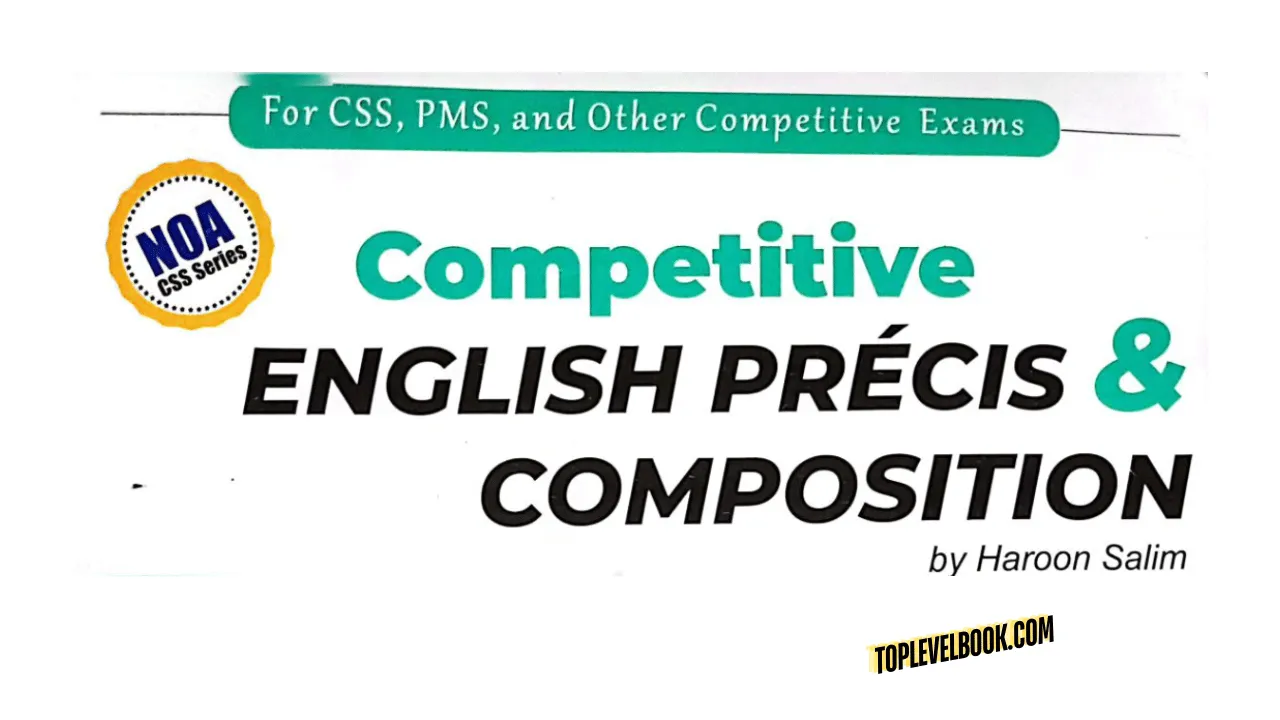


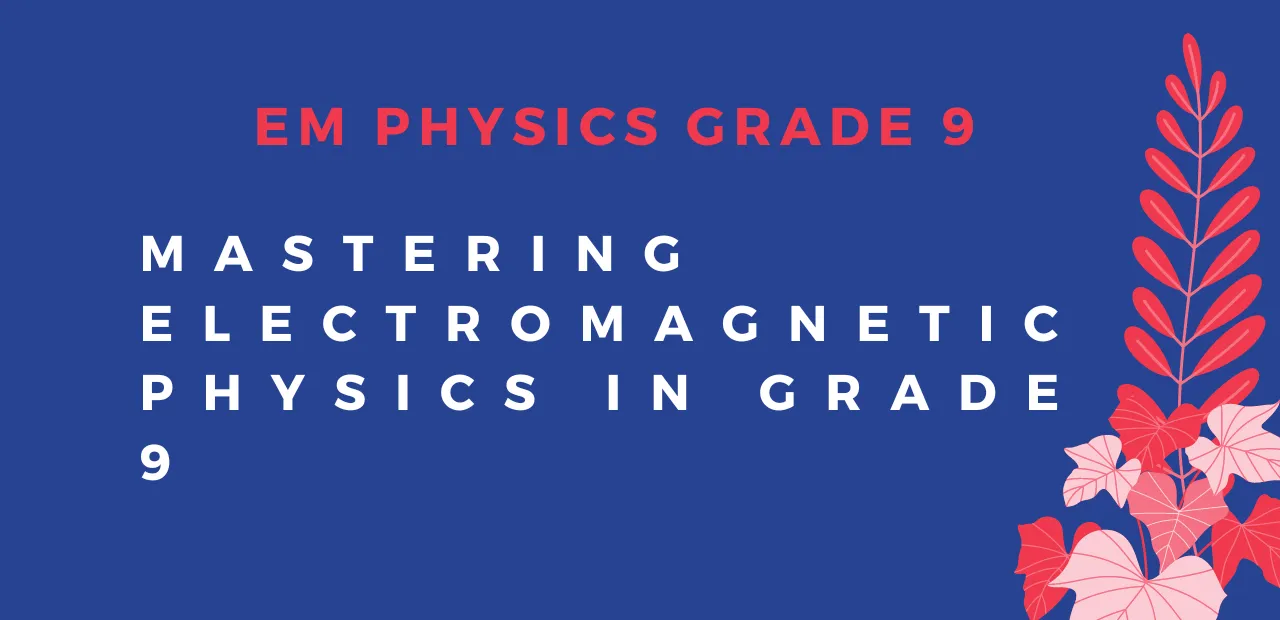


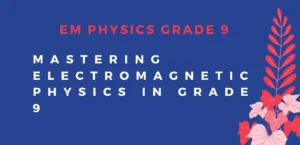

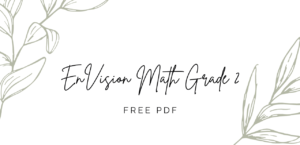
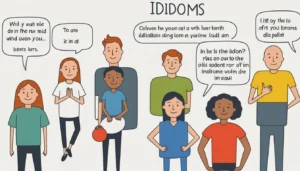

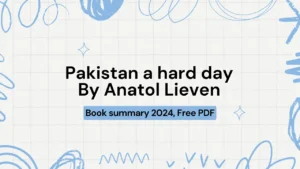

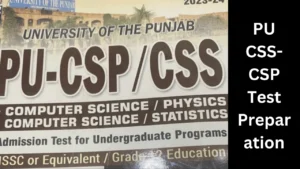
1 comment